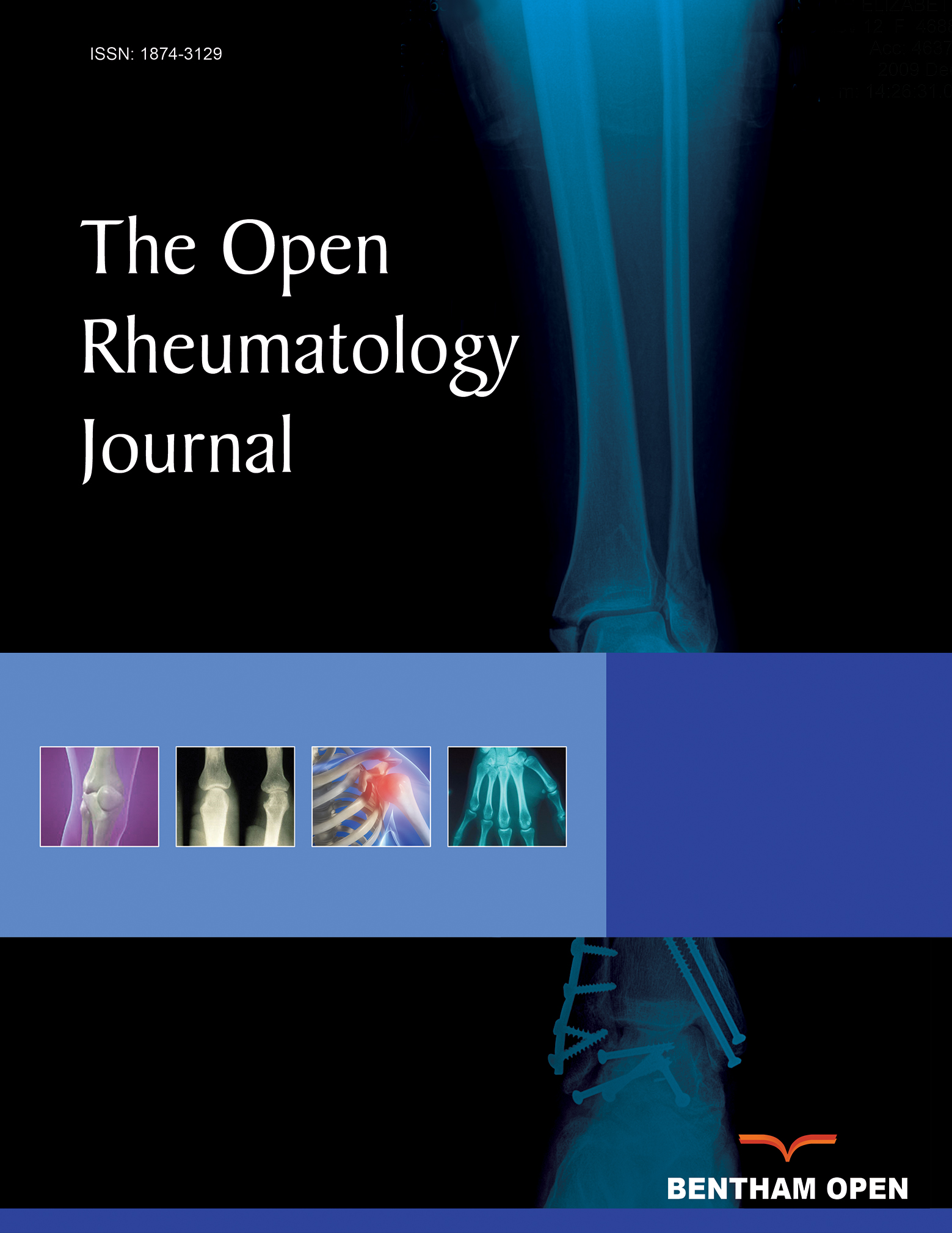All published articles of this journal are available on ScienceDirect.
Association between Health Literacy, Patient Activation, and Functional Capacity in Individuals with Rheumatoid Arthritis
Abstract
Objectives:
To describe health literacy, patient activation, and functional capacity in individuals with rheumatoid arthritis and to evaluate the associations of health literacy and activation level with functional capacity.
Methods:
A cross-sectional study involving patients with rheumatoid arthritis was carried out at the rheumatology service of a teaching hospital. Health literacy was assessed by applying the short version of the Test of Functional Health Literacy in Adults. Patient Activation was measured by using the summarized version of the Patient Activation Measure. The Health Assessment Questionnaire was applied to evaluate functional capacity. Sociodemographic and clinical variables were also collected to carried out univariate and multivariate analyses by using logistic regression.
Results:
The sample was composed of 179 patients, of whom 90.5% (n = 162) were women. The participants’ average age was 58.3 ± 11.4 years. The prevalence of patients with inadequate or marginal health literacy was high (67%). In contrast, 74% of the patients showed high activation levels. The average score on the Health Assessment Questionnaire was 1.08 ± 0.7. Adequate health literacy was negatively associated with higher Health Assessment Questionnaire scores (OR = 0.42; 95% CI 0.20 – 0.86; p = 0.018), and high activation levels were negatively associated with moderate to severe functional limitation (level 3/moderate activation level – OR = 0.24; 95% CI 0.10 – 0.56; p = 0.001; level 4/high activation level – OR = 0.22; 95% CI 0.08 – 0.50; p = 0.000).
Conclusion:
Health professionals must be aware of health literacy and activation levels of patients with rheumatoid arthritis, given that interventions to improve them represent an opportunity to increase functional capacity.


